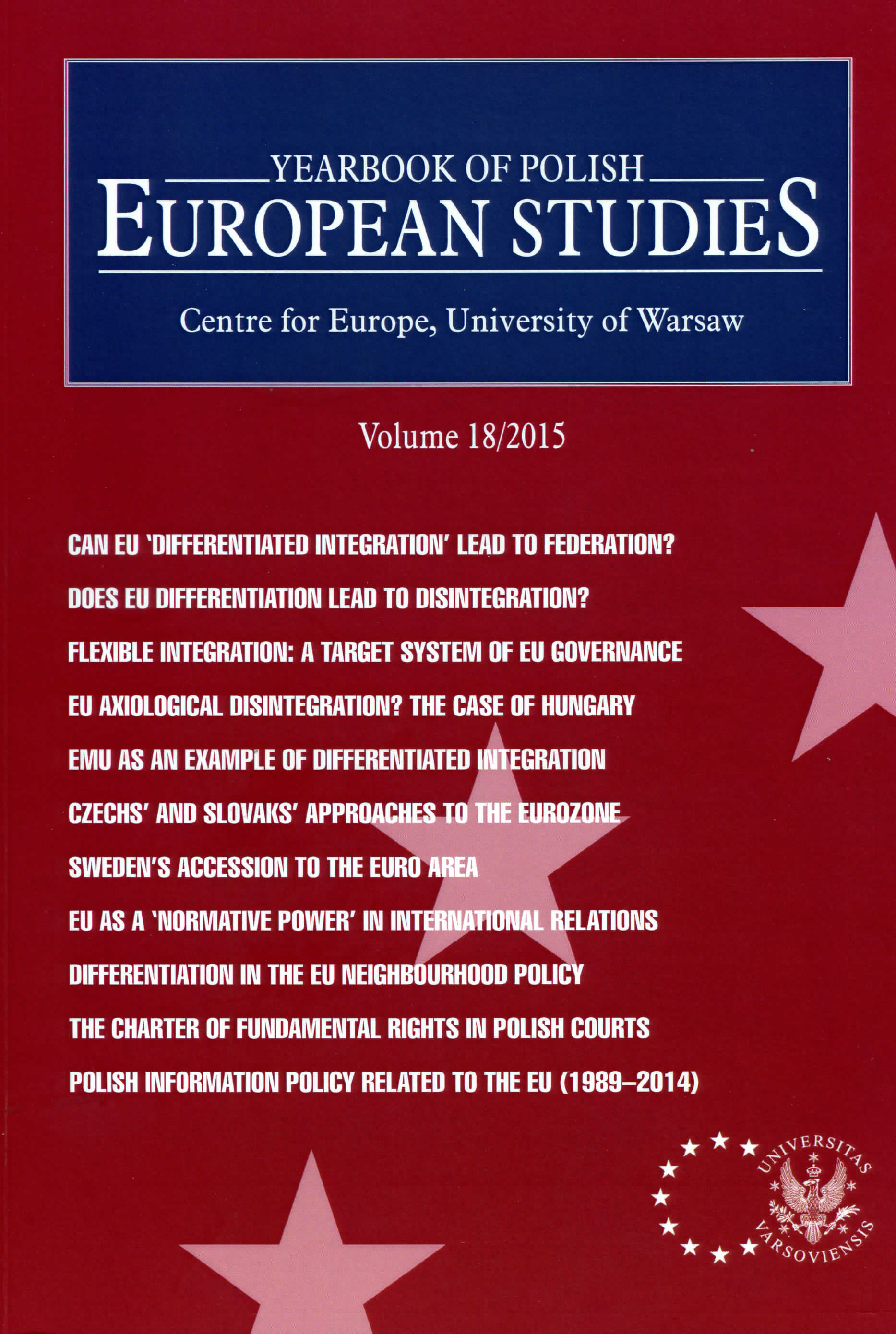Danish Development Aid – Case Study of an Effective Instrument Complementing Foreign Policy
Danish Development Aid – Case Study of an Effective Instrument Complementing Foreign Policy
Author(s): Andrzej SkrzydłoSubject(s): Politics / Political Sciences
Published by: Centrum Europejskie Uniwersytetu Warszawskiego
Summary/Abstract: The Danish development aid system (known as ‘Danida’) deserves closer attention. This is not only because it marks its 50th anniversary and Denmark currently holds the EU Presidency, but also due to its particular relevance to other donors, who may wish to use the Danish template, both for guidance and for inspiration. As explained in this article, Denmark’s reputation and its international prestige is due, at least in large part, to its high position in the rankings of top world donors and soft powers. The highly successful merger of official development assistance (ODA) with other activities (including security, peace-keeping and also climate change), as well as its policies of trade and investment promotion demonstrate how useful development policy can be if productively blended with other components of foreign policy. In order to accomplish its aims, such an aid delivery system must be, as in the Danish case, smartly designed, cost effective, and equipped with a flexible internal organisation which allows for a rapid response to the new challenges and opportunities arising from globalisation, whilst being grounded on a solid legal and institutional foundation. Its management system should preferably be decentralised, remaining inclusive for the private sector and civil society, well-coordinated internally, and guided by a holistic approach to governing, with a leading role for the Ministry of Foreign Affairs, thus ensuring a strong focus on policy coherence for development (PCD). The aid delivery model should be transparent and non-vulnerable to political changes, based on a strong and reliable legitimacy with parliamentary backing and characterised by a balanced account of national interests. Denmark includes its national economic interests as well as those of its private businesses in its development aid programme in a manner consistent with the OECD requirements, in particular those relating to the untying of aid. In general terms, the example of Danida perfectly illustrates that development policy is also a realpolitik.
Journal: Yearbook of Polish European Studies
- Issue Year: 2011
- Issue No: 14
- Page Range: 123-145
- Page Count: 23
- Language: English

